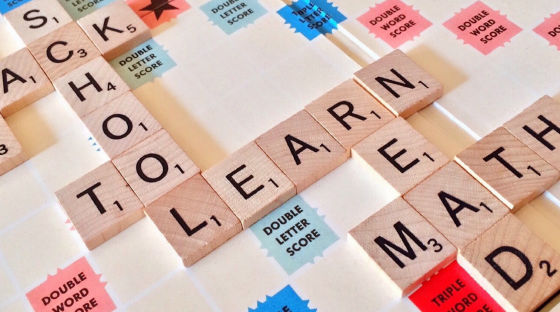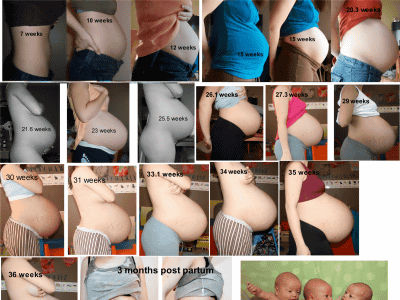Why is the plural of 'child' in English 'children' and not 'childs'?

By
Some people may have wondered why the English word 'child' (children) becomes 'children' instead of 'childs' when it is plural. Grammarphobia , which delves into the history and origins of English, is trying to unravel the mystery of this word.
The Grammarphobia Blog: Why 'children,' not 'childs'?
https://www.grammarphobia.com/blog/2016/03/en-plural.html
The strange plural form 'children' dates back to Old English , which was used in England from the mid-5th century to the 12th century. In fact, Old English tended to use 'n' rather than 's' as the ending for plurals, and according to this rule, the plural of eye would be 'eyen' and the plural of ear would be 'earan'. Then, when Middle English came into use between 1100 and 1400 A.D., the Old English 'en' and 'an' began to be spelled as 'en'. At the same time, Middle English writers began to use the plural form 'en' for words that had not previously used 'en'. According to the Oxford English Dictionary, the plural form 'en' first came into use in Middle English in southern England, and was then applied to other words of Old English and French origin.
In ' The English Language: A Historical Introduction,' Charles E. Barbour, Joan C. Beale, and Philip Shaw note that in places where 'deoflas' was originally used as the plural of devils and 'englas' was originally used as the plural of angels in Old English, the Middle English 'devlen' and 'englen,' both of which have the ending 'en,' were used as the plurals of both words.
The en ending became popular in Middle English, and the plural form of 'brother' (which was originally irregularly written as 'brethre') changed to 'brethren,' and the plural form of 'child' ('childer') came to be written as 'children.' The modern plural form of 'brothers' only appeared at the end of the 16th century.

by
According to Thomas Pyles and John Algeo's The Origins and Development of the English Language , at the time, the plural endings 's' and 'n' were rivals, with n tending to be preferred in the south of England and s in the north. Gradually, however, the plural ending with s became more prevalent, and by around 1400, the plural ending with s was in 'almost universal' use. Children remained as an exception, ending in en.
Incidentally, the endings men and women are plural forms of the same 'en' as 'children,' but they do not actually belong to the same category, but are formed by changes in vowels, such as foot → feet and tooth → teeth. Also, the 'en' in 'chicken' and 'kitten' is a diminutive suffix that emotionally expresses 'small' or 'a little,' so they have a different meaning.

by Wokandapix
Related Posts:
in Note, , Posted by darkhorse_log







